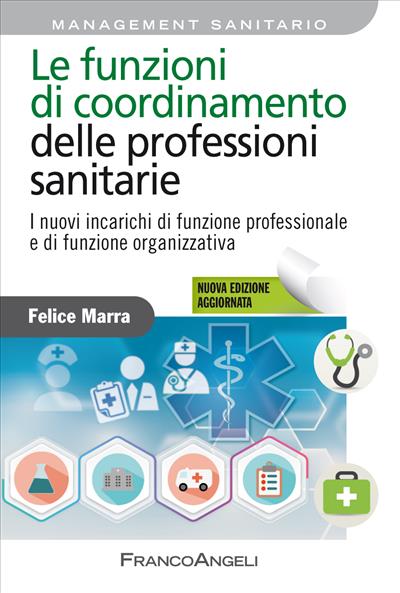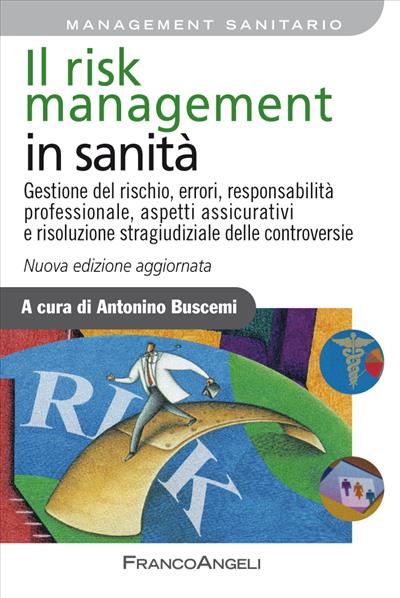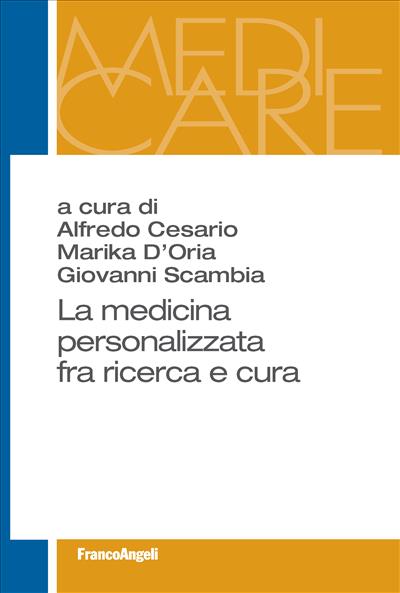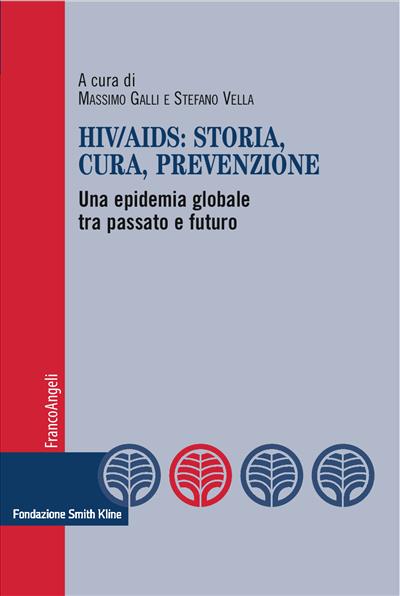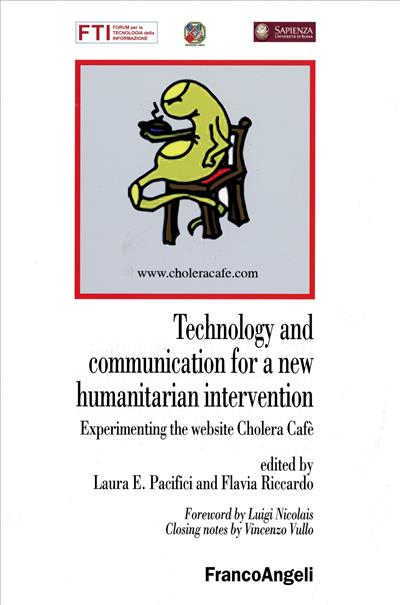
A cura di: Laura Elena Pacifici, Flavia Riccardo
Technology and communication for a new humanitarian intervention
Experimenting the website Cholera Cafè
Pagine: 240
ISBN: 9788846486530
Edizione: 1a edizione 2007
Codice editore: 571.4.6
Disponibilità: Discreta
